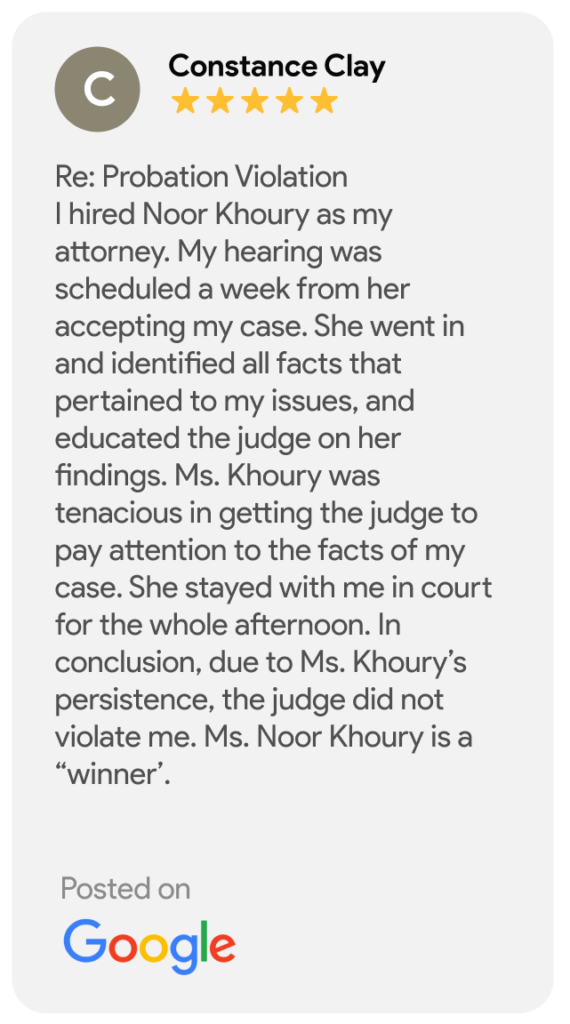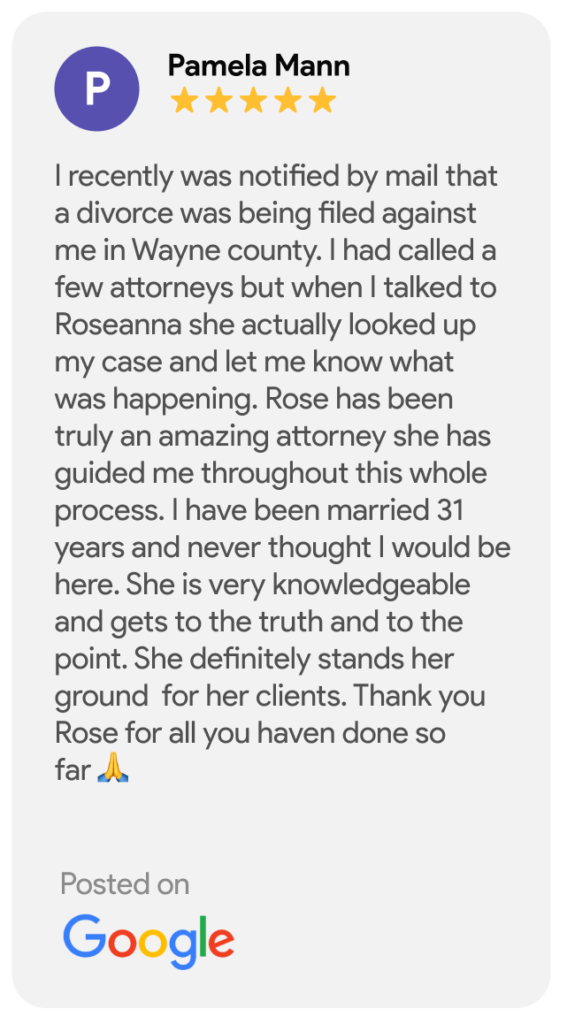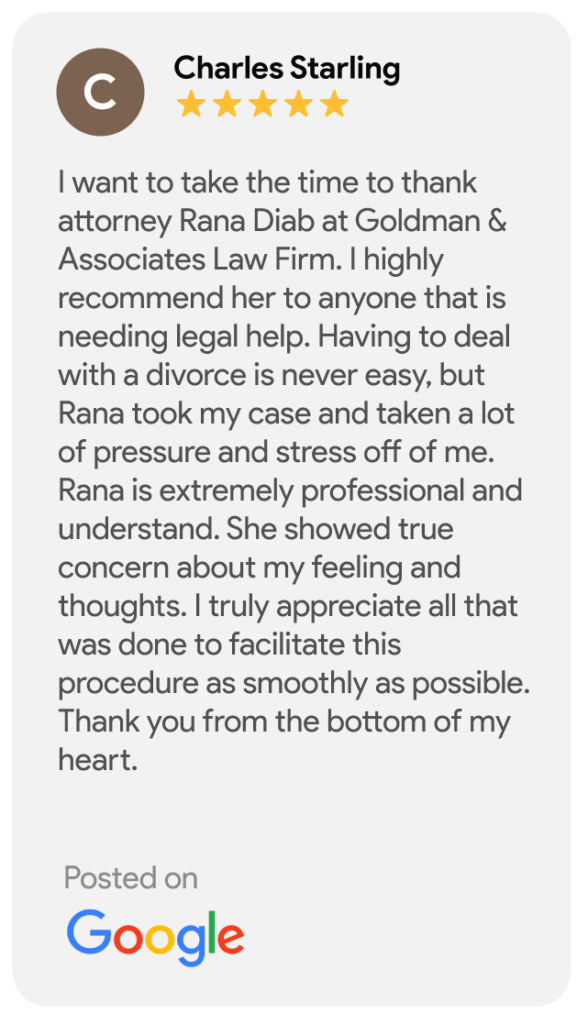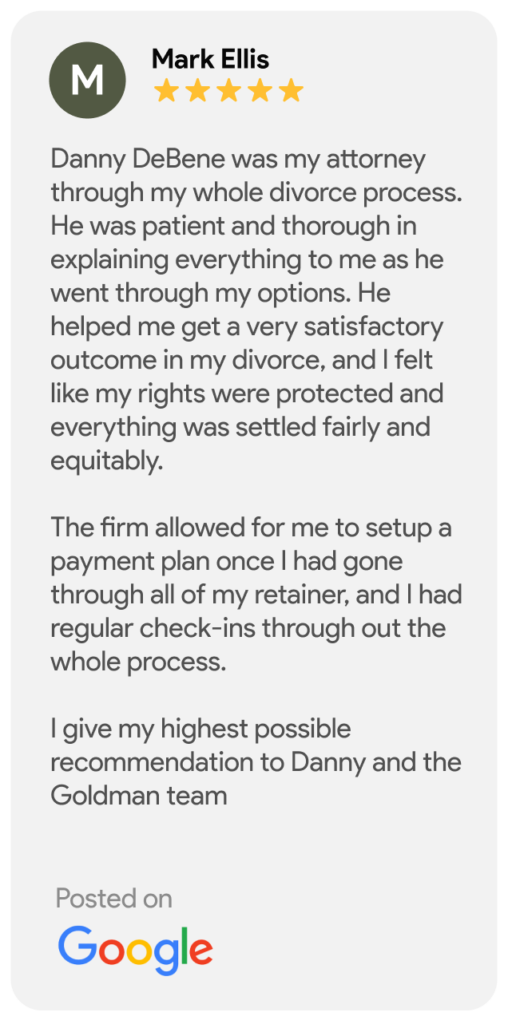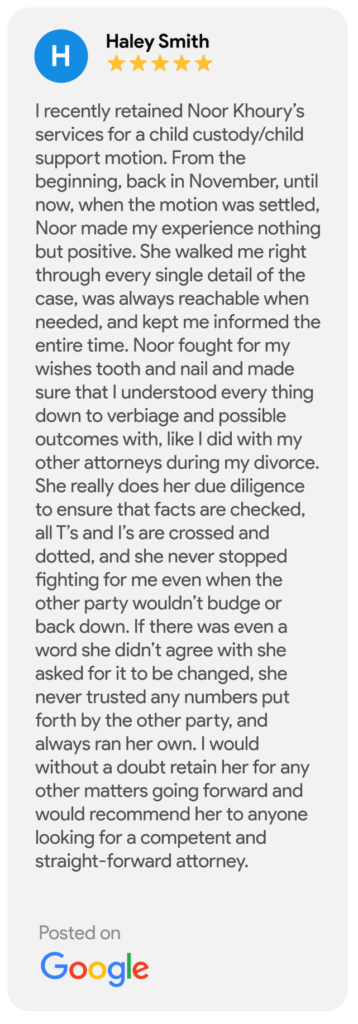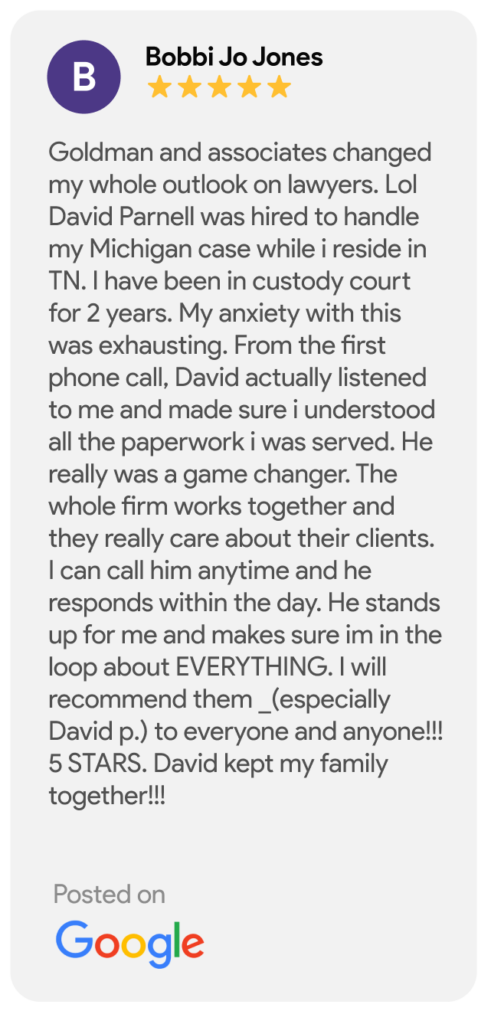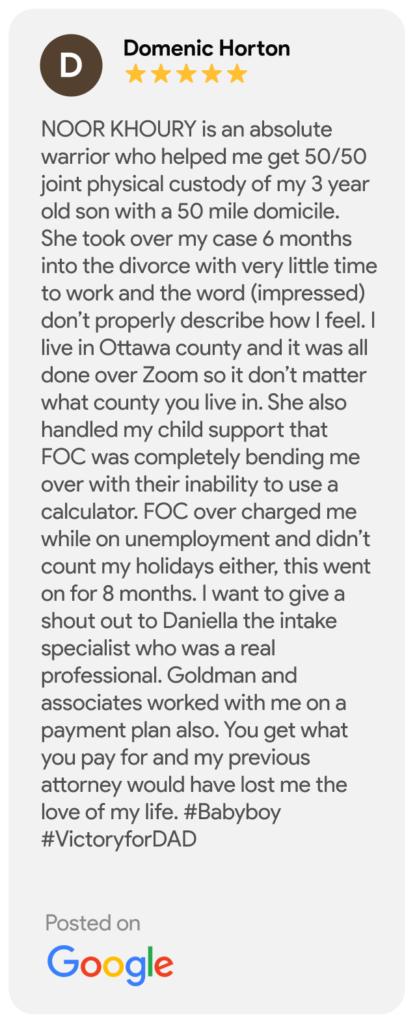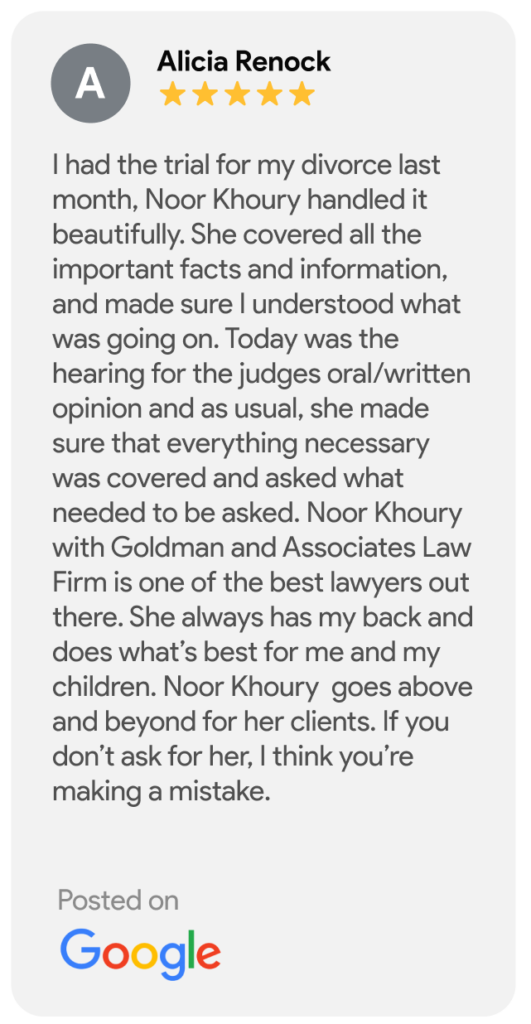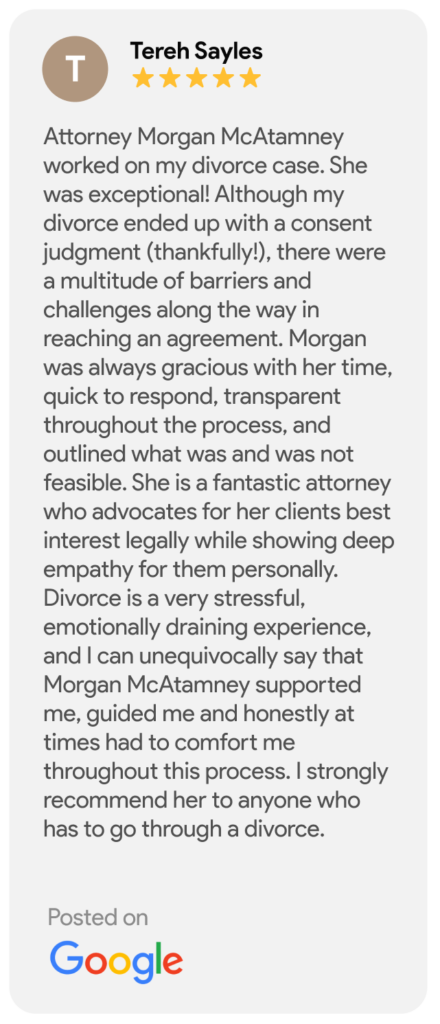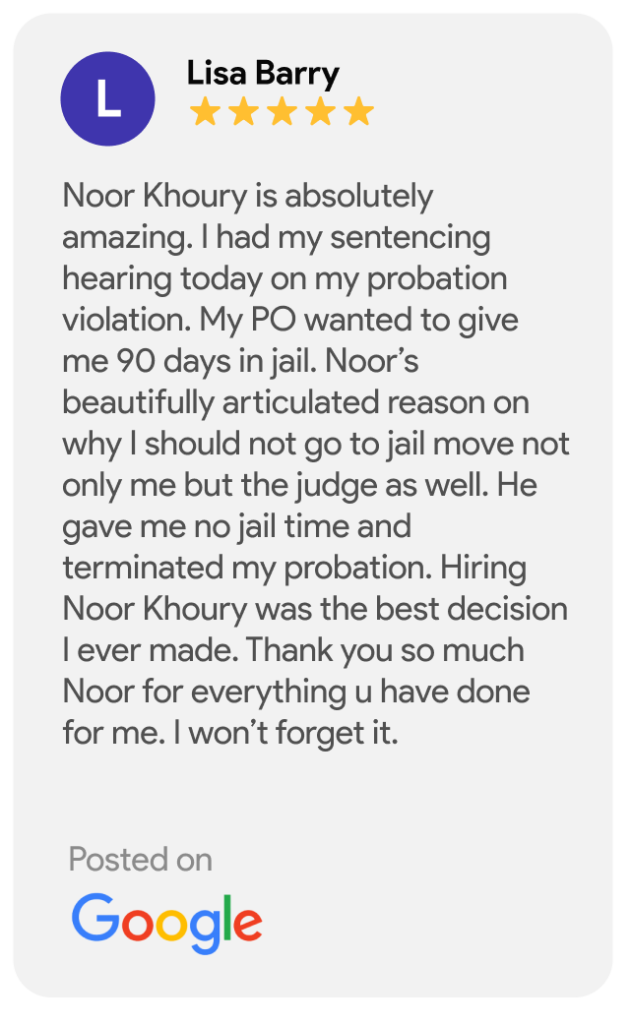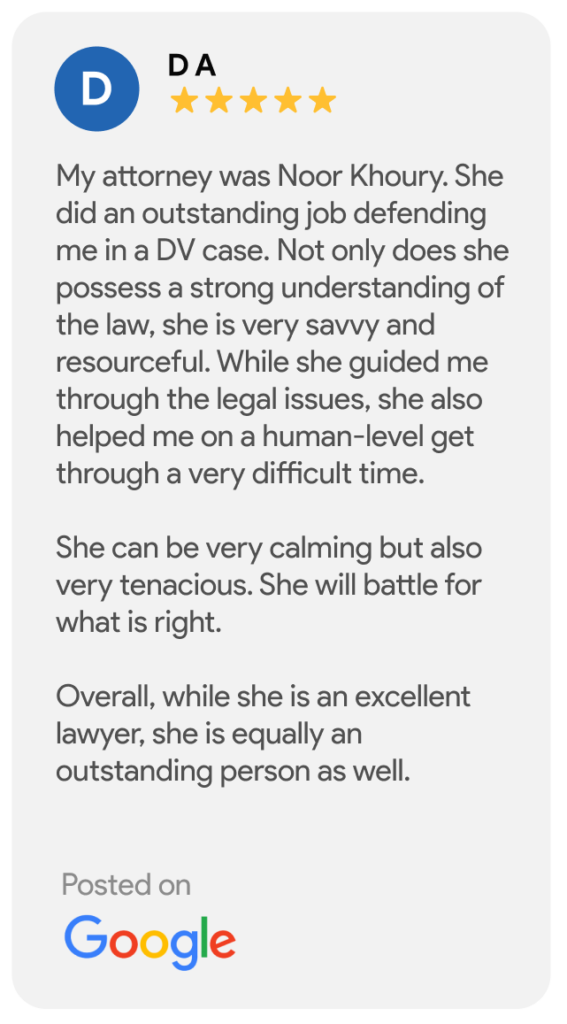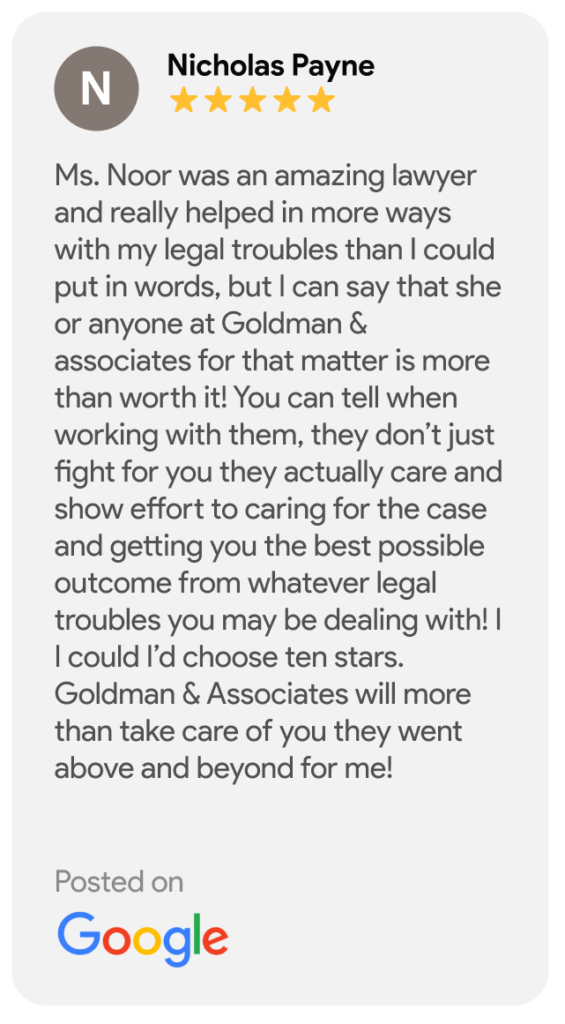Michigan DUI / Drunk Driving FAQs – ChooseGoldman
The questions provided below are frequently asked questions regarding DUI/ Drunk driving in the state of Michigan. If you find that your question is not answered below please contact us for a consultation.
Q: What do Michigan police officers search for in connection with drunk drivers?
A: After a usual traffic stop, a drunk driver may be arrested; others may be stopped for inconsistent driving. In such situations, Police Officers usually search for revealing signs of drunk driving such as changing direction suddenly, driving without headlights, driving higher than the speed limit, braking unsteadily, and making indiscriminate turns. Conversely, every so often police have no lawful grounds for stopping a person’s vehicle. In such situations, the legality of the stop may be challenged. If the stop is proved illegal, the case will be dismissed. Moreover, all subsequent proof, e.g. breath test, becomes unacceptable by the prosecutor if the stop is inappropriate.
A police officer who stops your vehicle for any reason is skilled to make use of all senses to identify the condition of the driver and search for symptoms of drunk driving. The officer has credible reason to detain you to carry out a DUI investigation if the officer witnesses an open bottle of alcohol, smells alcohol on your breath, or hears slurred talking. The officer can also ask whether you were drinking. If you say Yes, it confers the officer enough reason to carry out a DUI / OWI / DUI investigation. The officer may request you to execute a series of field sobriety tests to find out physical symptoms of intoxication and help the officer decide whether to accuse you of the offence of drunk driving or OWI.
Q: Can I decline to take breath test or field sobriety tests?
A: If police stop you in Michigan and the officer presumes that you were drinking and driving, the officer may request you to take a preliminary breath test or series of field sobriety tests. If you refuse to take the preliminary breath test, or PBT, you may be charged with a civil infraction and be fined up to $150. However, you have the right to refuse to take field sobriety tests without any penalty if you are requested to do so. You should be polite to the police officer. However, you do not have to oblige with his/her investigation to decide whether to make a DUI arrest. If you execute field sobriety tests and fail them, the officer will utilize that as evidence against you in court. If the officer wants to arrest you, let him arrest you without giving further evidence to apply against you in court. At times, the police do not carry out the tests or their duties appropriately and the evidence may be suppressed.
Q: What should I reply if a police officer asks me whether I was drinking?
A: Remain calm and be well-mannered to the police officer while politely refusing to cooperate. As per the law, you do not need to assist the police officer to accomplish a DUI investigation. It would be better for you not to tell the police officer if you have been drinking and driving. Do not act like you are at fault. Remain silent. Everything you inform the police officer about drinking and driving can be utilized against you to substantiate a DUI charge if you are ultimately arrested on allegation of OWI / DUI / DWI.
Q: What are the punishments for Operating While Intoxicated (OWI)?
A: Committing the offense for the first time is a Misdemeanor: if a person is guilty of a misdemeanor, he or she may be punished by one or more of the following punishments:
- Community service for not more than 360 hours.
- Imprisonment for not more than 93 days.
- A fine of not less than $100.00 or more than $500.00.
Committing the same offense a second time is a Misdemeanor: if the offense is committed within seven years of a previous conviction, the person will be sentenced to pay a fine of not less than $200.00 or more than $1,000.00 and one or more of the following punishments:
- Imprisonment for not less than 5 days or more than 1 year.
- Community service for not less than 30 days or more than 90 days.
Committing the same offense a third time is a Felony: If the offense is committed within ten years of two or more previous convictions, the person will be guilty of a felony and shall be sentenced to pay a fine of not less than $500.00 or more than $5,000.00 and to either of the following punishments:
- Imprisonment under the jurisdiction of the department of corrections for not less than 1 year or more than 5 years, or at least 30 days to 1 year imprisonment with 60 to 180 days community service (County jail).
- Probation with imprisonment in the county jail for not less than 30 days or more than 1 year and community service for not less than 60 days or more than 180 days.
Q: Shall I lose my driving license?
A: First time offenders will lose their license for 30 days, with a further 150 days restricted driving privileges. The driver’s license will not be suspended, but it will be restricted for 90 days if a plea to impaired driving is agreed upon with the prosecutor. License of repeat offenders may be revoked upon conviction. A person whose license is revoked can appeal for restoration to the Driver’s License Appeal Division (DLAD).
Q: Can I be charged with manslaughter for drunk driving?
A: You will probably encounter a felony charge of manslaughter or OUIL / OWI Death or Second Degree Murder if you are charged with drunk driving after a traffic accident in which another person has died. The police and prosecutors will presume that your drinking and driving caused the death of the other person. But in reality, the accident could have been unavoidable for any driver, that would be a defense. Conviction of an OWI manslaughter charge in Michigan brings up to a 15-year prison sentence and will enlist you in a permanent criminal record.
Choose Goldman Today!
Find out how we successfully worked with clients by watching our Testimonial videos.


